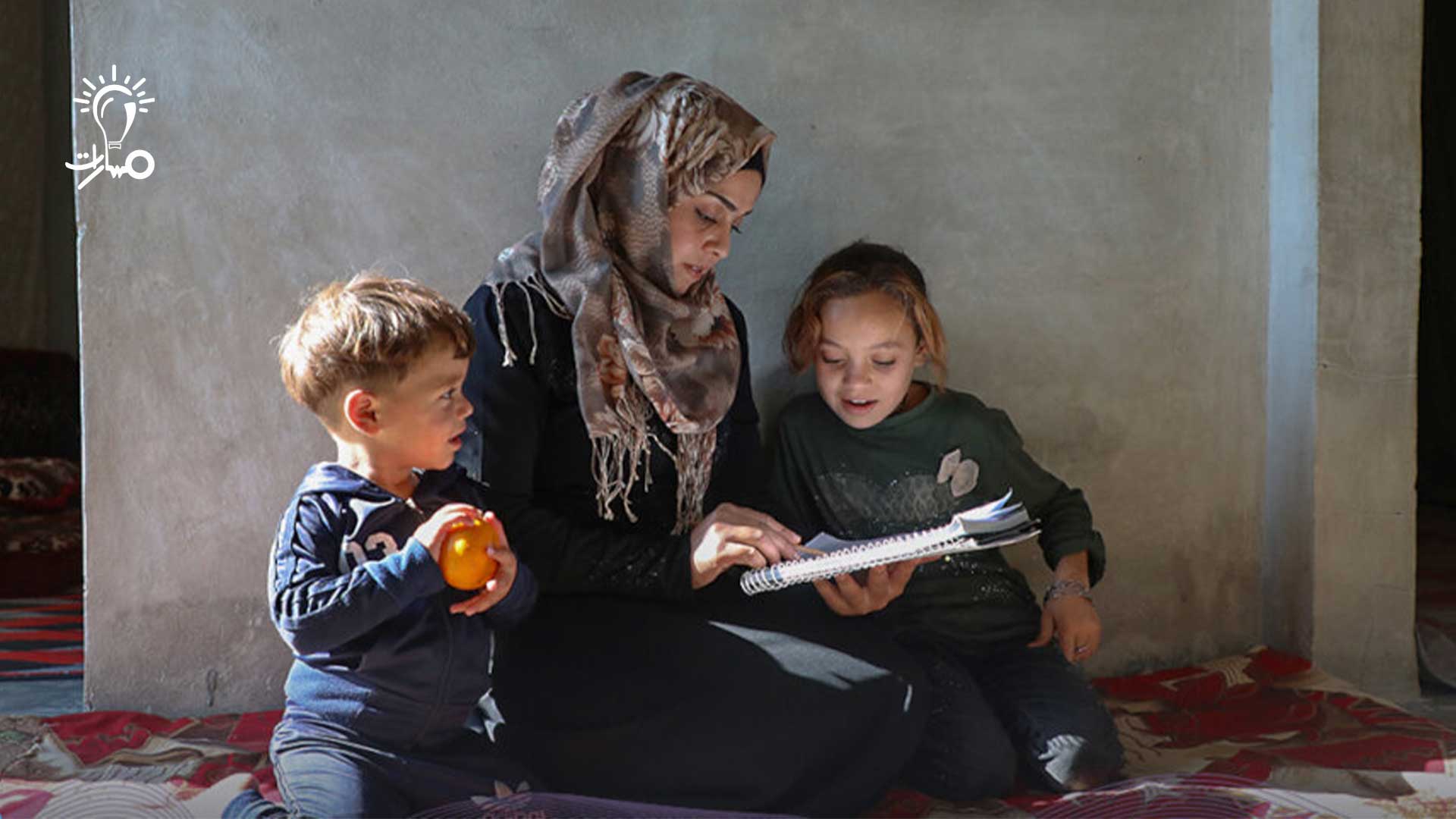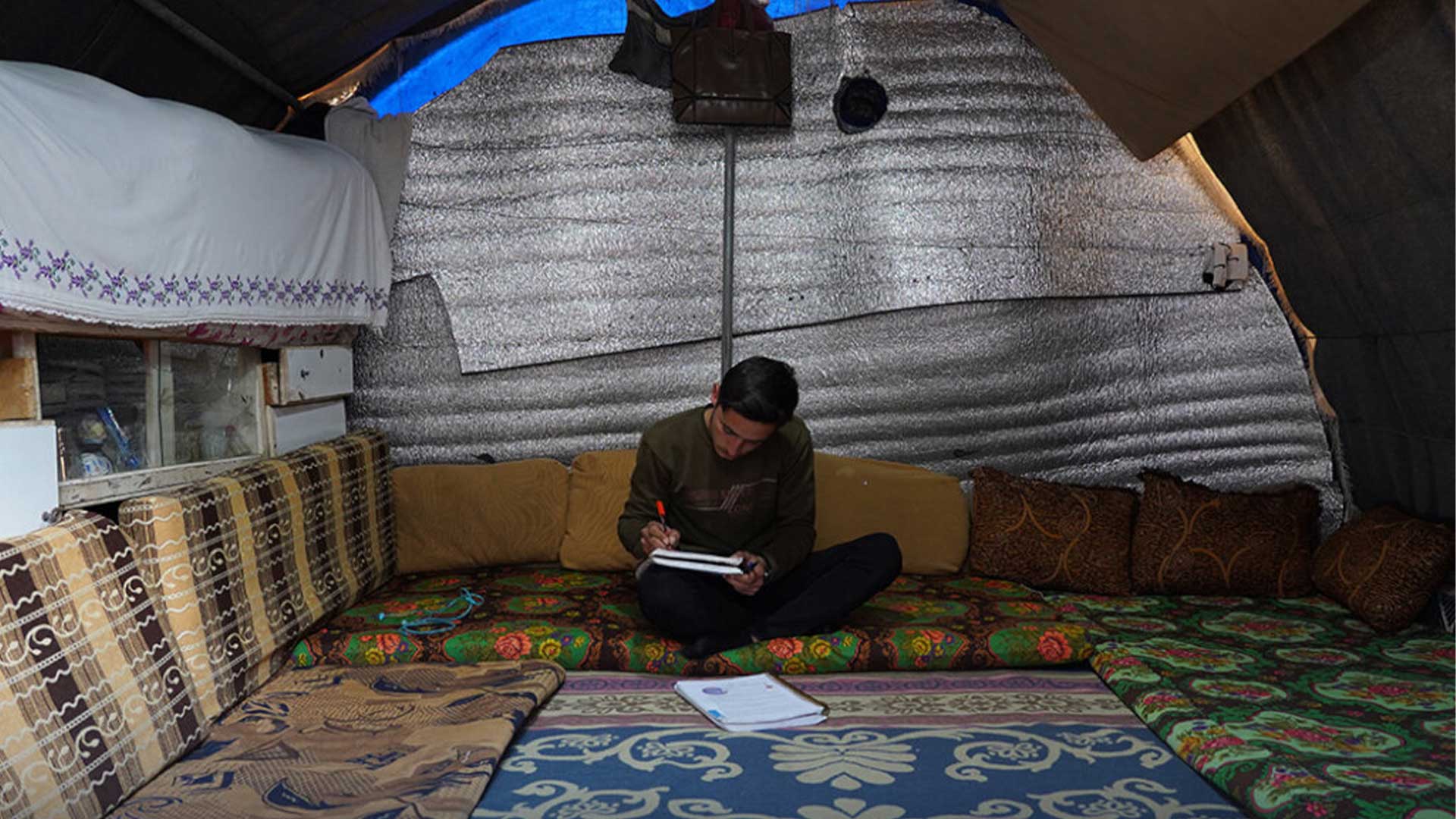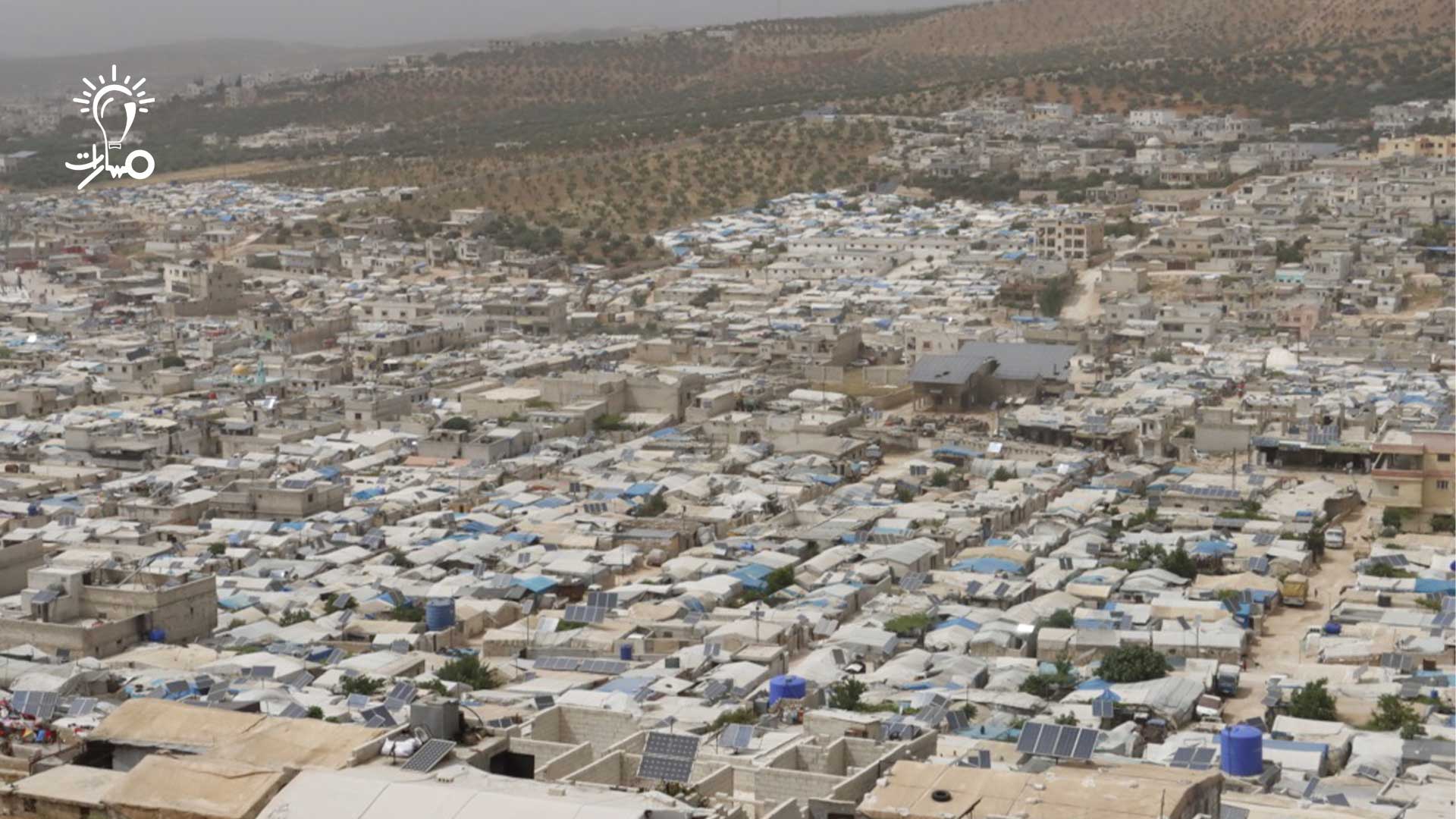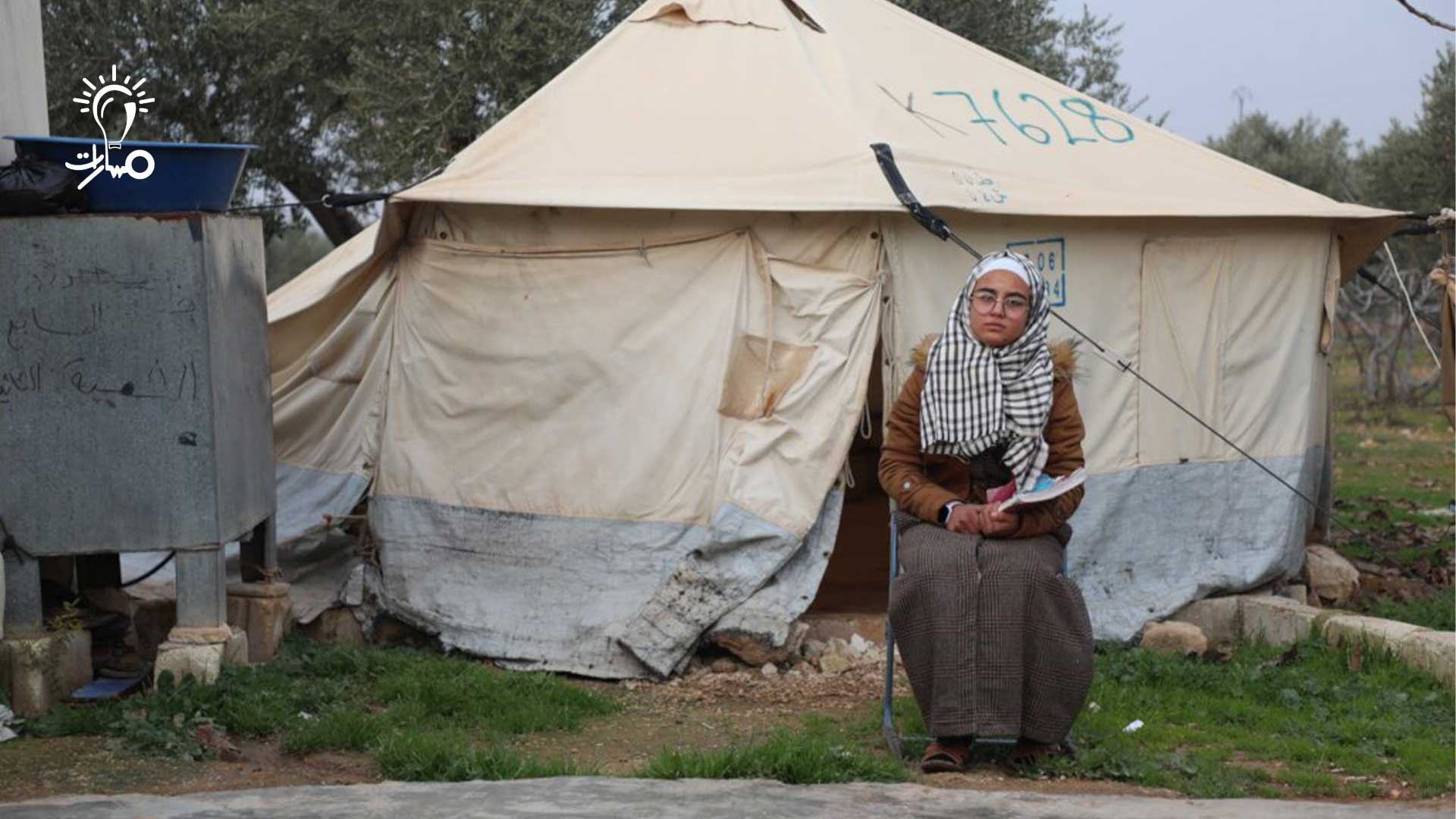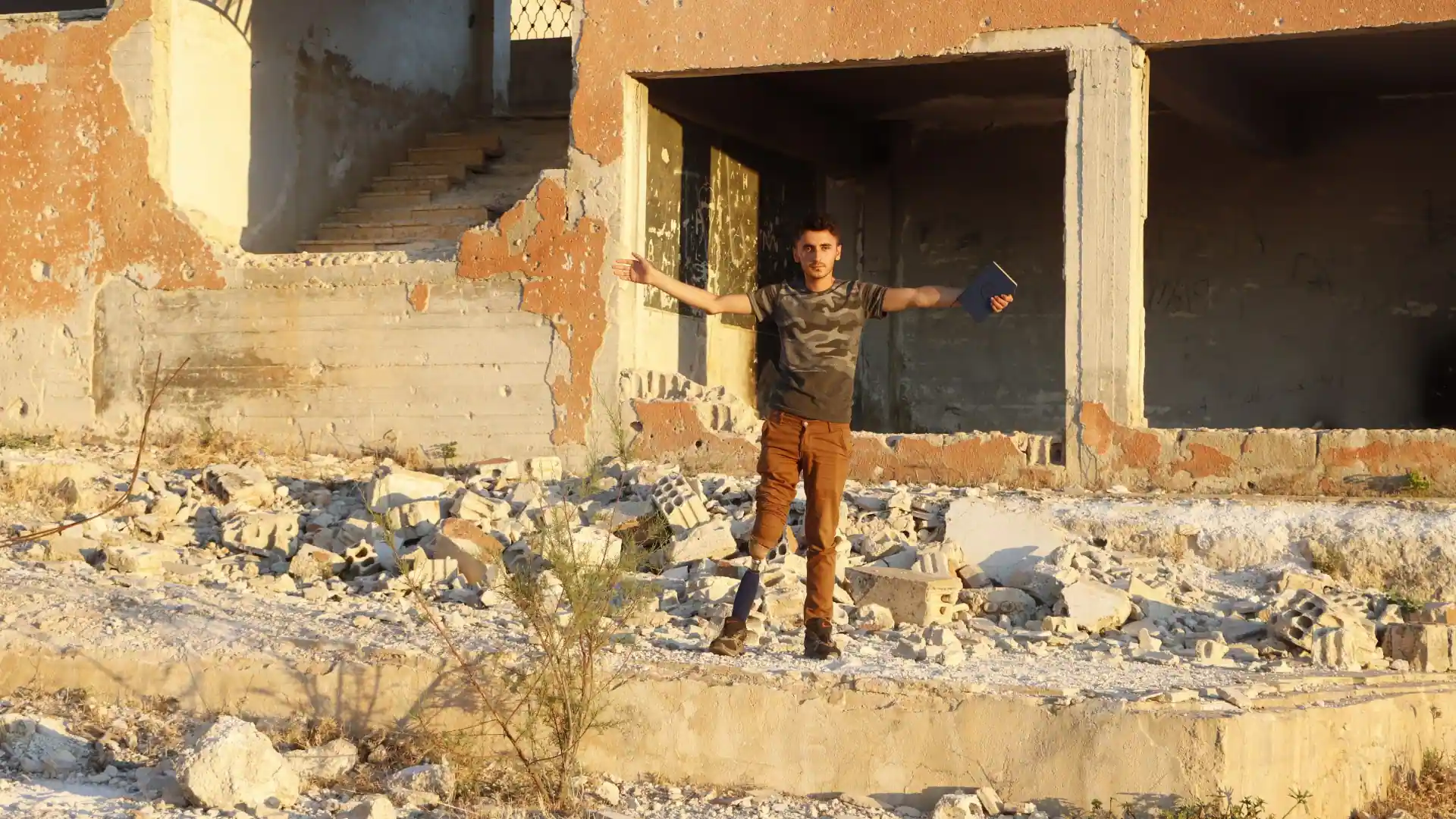The journey of students in the world of knowledge is an inspiring adventure characterized by discovery and continuous learning. However, some students face additional challenges stemming from their reality as individuals with disabilities.
This requires a deep understanding of the impact of disability on students’ academic and social experiences, and it’s important to shed light on the obstacles they may encounter in their educational journey.
Disabilities vary and include a wide range of challenges faced by students, whether visible or invisible. These range from:
- Mobility difficulties
- Auditory challenges
- Visual challenges
Thus, we can ask: How does disability affect students’ journey in the world of knowledge? And how can society contribute to alleviating these challenges and achieving equal opportunities for all its members?
This article will reveal:
- The impact of disability on students
- The nature of the obstacles they face
- Society’s perspective towards them.
We will also discuss the role of society in providing support and opportunities for people with disabilities, where knowledge meets the spirit of inclusivity to empower every individual in their educational journey.
The Impact of Disability on Students
Undoubtedly, disability transcends being merely a medical condition to become a challenge that affects all aspects of an individual’s life, especially when entering the world of knowledge and education. Students with disabilities face various effects ranging from academic to social aspects.
Firstly, the impact of disability on the academic aspect manifests through various challenges students may face, such as mobility, visual, or auditory difficulties that hinder their absorption of academic content in the same way as other students.
This includes difficulty accessing educational resources or interactive study experiences, requiring a comprehensive solution to overcome these obstacles.
Secondly, the impact of disability on the social aspect contributes to creating social challenges related to communication with peers and participation in extracurricular activities. Students with disabilities may feel isolated or discriminated against, affecting their overall journey and morale.
Overall, the impact of disability on students extends beyond physical challenges to include mental and social aspects. Achieving equal opportunities for these students requires a thorough examination of these impacts and joint efforts to provide an inclusive and supportive learning environment.
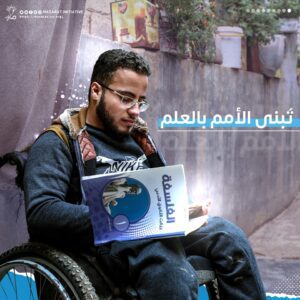
Obstacles Faced by Students with Disabilities
Students with disabilities face a range of obstacles that delay their educational experience. These obstacles include
structural barriers and social challenges, impacting their ability to integrate effectively into the learning environment.
One of the most prominent obstacles is structural barriers, where schools and universities may not be adequately equipped to meet the needs of students with disabilities.
Difficulty accessing classrooms, libraries, and laboratories poses a significant barrier, and some places lack designs that allow students with mobility disabilities to move around easily.
Socially, students face challenges in interacting with peers or experiencing isolation. The lack of resources serving the needs of students with disabilities leads to discrimination or exclusion, preventing their full participation in social and cultural activities.
To overcome these obstacles, distance learning can be considered a secondary solution for cases that want to continue education but are hindered by surrounding circumstances. Masarat Initiative was established to provide support for these students, believing in the importance of making knowledge accessible to learners everywhere.
Society’s Perspective
Society’s perspective towards people with disabilities reflects the culture and prevailing concepts regarding the potential abilities of these individuals. Students with disabilities may face additional challenges due to misconceptions or stereotypes in society
Culturally, individuals with disabilities may face discrimination or marginalization based on prevailing cultural and social ideas. There are assumptions about their abilities, which can limit their opportunities in various fields, including education and employment.
The impact of society’s perspective also extends to the concept of discrimination and segregation. The continued neglect of the needs of people with disabilities in society, in particular, reflects a lack of understanding of their social value and true potential.
To achieve a change in this perspective, it requires awareness and education about disability issues, and the encouragement of diversity and respect for differences.
Changing societal awareness can contribute to the acceptance of human diversity and promote equality and justice for all.
The Role of Society in Assisting People with Disabilities
Society has the responsibility to create a supportive and inclusive environment for people with disabilities. In this context, several measures can be taken to improve the educational experience of students with disabilities:
Firstly, it is necessary to provide assistive technology that contributes to offering effective support to students with disabilities. Through innovative technologies, access to academic content can be facilitated, and inclusive educational experiences provided.
Secondly, legislation and government policies play an important role in creating a supportive environment. Society must support and implement policies that enhance the rights of people with disabilities and ensure the provision of opportunities and resources necessary to secure their right to education.
Thirdly, society plays the most significant role through the process of changing awareness and shifting the prevailing ideas away from their needs. Through education and awareness, a deeper understanding of the abilities and challenges of people with disabilities can be fostered.
In conclusion, we can succeed in improving the experience of students with disabilities in positive interaction between the individual and society. Society’s support for these students reflects a commitment to the values of equality and inclusivity and contributes to creating a society that values and celebrates the diversity of its abilities and contributions. You can also help them by donating to the Masarat Initiative, which strongly supports students with disabilities and offers its services remotely to facilitate their educational process.
Author: TCHR. Mohammad Nour Al-Bakour, Islamic Education Teacher at Masarat Initiative
